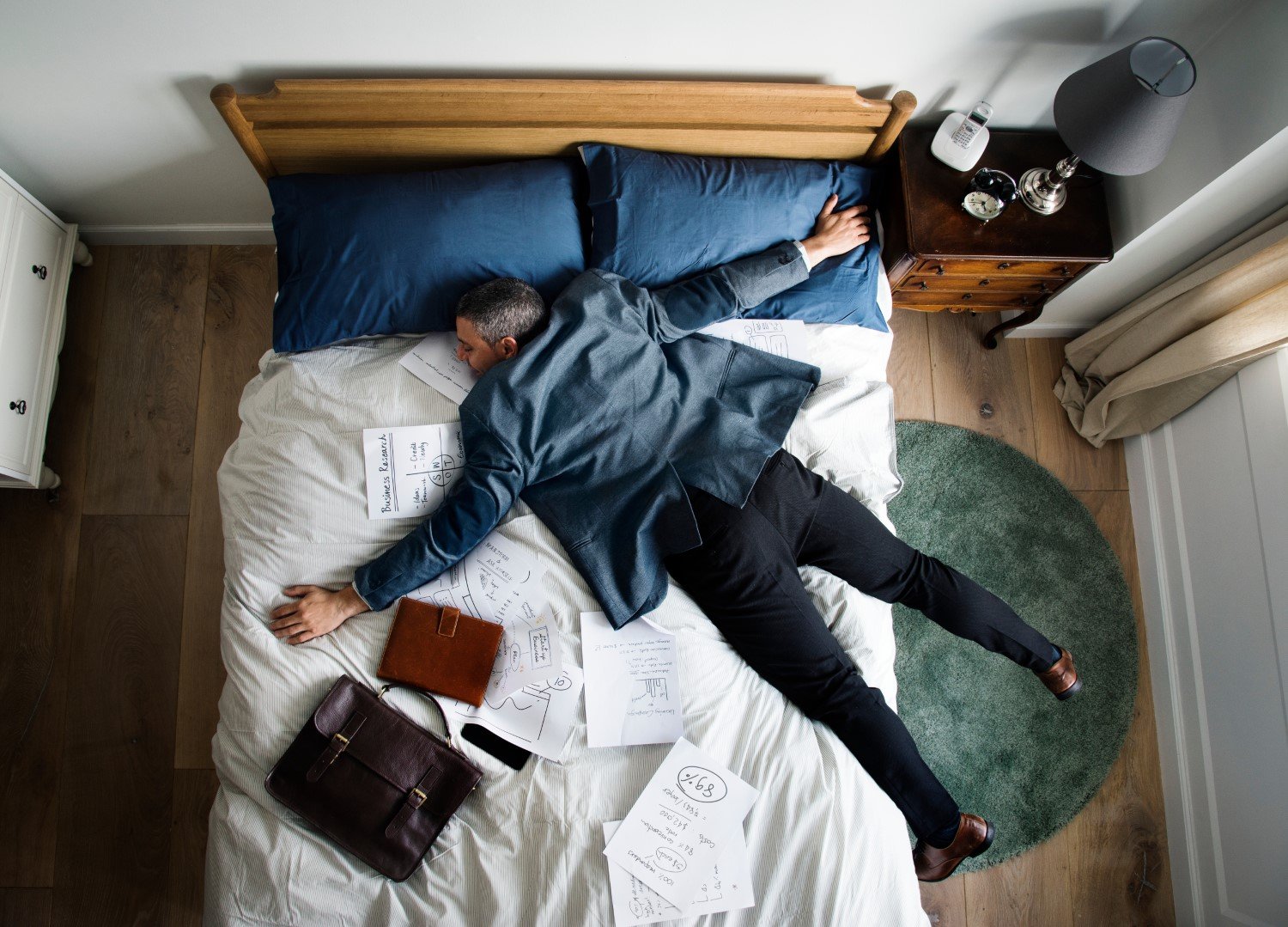3 Myths about Rest (Debunked by Athletics)
July 25, 2024 | By David M. Wagner
As I train for my first-ever endurance athletic event, I’ve been learning a lot about the importance of rest.
Burnout doesn’t just affect professionals in the workplace. Athletes can suffer from overtraining, which causes significant detriment to their performance, as well as to their mental and emotional health.
The key to preventing both is the same: getting adequate rest.
But for all our talk about “taking time away,” striking “work/life balance,” and other platitudes about rest, we often fail to rest effectively.
Which means our work performance, our mood, and our overall wellbeing suffer.
Common Misconceptions
Three misconceptions about rest often stand in the way of effective rest and recovery in our working lives. Here’s how athletics debunks each one.
“Rest” means “not working.” I often hear leaders fret that they can’t take time away from their jobs because there’s so much to do. That is, “resting” means “not doing your job.” Instead, think about rest as an essential part of your job. When athletes train, they deliberately cycle between active and resting periods. The more demanding the task (or workload), the more important it is to plan time for recovery – so that you can perform at your best.
Rest is only important after you’re exhausted. A common refrain: “I just need to get through [some crazy time or big milestone], and then I can relax.” Yes, it’s important to recover after a busy stretch of work. At the same time, pressing through those crazy times without rest is like trying to cross the finish line on fumes. Just as athletes prioritize rest both before and after big events, plan recovery time before very active periods. It’s counterintuitive: rest when you’re busiest to make those stretches less stressful.
Rest requires you to unplug completely. This might be controversial: You don’t need to completely unplug from work to “rest.” It’s a good idea – and it’s just one technique in your recovery toolkit. Athletes don’t just recover by vegging on the couch, binge-watching shows; they also engage in “active recovery” with light, easy workouts and stretching. Don’t just wait until you can take a “true” vacation to rest. Instead, mix your equivalent of “light workouts” into your schedule – like responding to easy emails, planning meetings with people who give you energy, or just tackling tasks that you enjoy. (And also take that well-earned vacation!)
Don’t just take a break when your mind shuts down or your body tells you you’ve been working too hard. Rest like an athlete. Treat it like part of your job, build it into your schedule (before and after busy stretches), and mix in “active work recovery” with your time away from work.
Ready to elevate your performance to all-star levels? Set a free consult to talk to me about leadership coaching!


